Every year, the Society of Industrial-Organizational (IO) Psychologists (SIOP), hosts a professional conference where we can network, attend panels, demo products, and share new research. On April 2 through April 5, 2025, SIOP hosted their 50th annual conference. This year it was in the city of Denver, Colorado, also known as the “Mile High City.”
Day 1
The first day of SIOP is dedicated to various workshops, consortia, and the opening ceremony. However, I spent my day exploring the city of Denver, earning over 16,500 steps. Denver is definitely smaller than Chicago, but it is charming and has pretty good public transportation and walkability. I walked almost everywhere when I was in the city. Honestly, that first day was very tiring, but it was a lot of fun. I slept very soundly the night after.
Day 2
Day two was the first day of regular panel sessions, and I started the day bright and early at a session called “Modern Challenges and Solutions for Data Collection.” My passions lie in research and data analysis, so this session was right up my alley. The panel discussed topics ranging from engaging participants, academia versus practice, data privacy, and how to deal with AI in data collection. One of the issues the panel spent a while on was data privacy in the age of AI. The panelists emphasized the importance of clarity in why data is being collected and how it will be used, which transitioned nicely into their conversation on informed consent. With how new a lot of this AI tech is, the panelists shared the different ways it could be useful, but also the fact that people are still hesitant to engage with AI-based data collection, especially in the context of hiring. The panelists also noted that, while useful, AI tools in data collection should only be used as starting points and aids, and must still be checked against human methods.
The second panel I went to was hosted by Herman Aguinis, a prolific researcher in the field of IO and one of the authors whose work I greatly admire. The panel was called “Best Practices for Rigorous, Credible, and Impactful I-O Research” and was geared toward students like me and newer professionals. Aguinis was very interactive with the audience throughout the session, and it was honestly such a big moment for me to be able to meet and speak with him. And, of course, I went online and bought his new research methods book after the session.
At this point, I was quite tired, despite it not being quite noon. Apparently, I am not suited to the high altitude of Denver, so I spent the rest of the day relaxing.
Day 3
I started the third day at a panel that was especially pertinent to my thesis and dissertation research, “The Research Process: Studies Done by and With Individuals With Disabilities.” For most of the history of the field of IO (and many others), research has been conducted about disabled people, but not by or with us. This panel was focused on how to center people with disabilities in research moving forward. The panel went into the premise of “Nothing About Us, Without Us,” a slogan of the disability rights movement, and how researchers can ethically engage disabled people in research and ensure that the research benefits the community. One of the key takeaways I had from this session is that, while I am part of the community, I am also the researcher, which means I hold some level of power which can muddy the waters.
The second panel of the day was a workshop where we cycled through two mentors for brief discussions about skills and knowledge we will need going forward. I managed to build a good list of skills and knowledge that I have and those that I need to further develop.
The final panel I attended that day was called “Is Resilience Always the Goal? Considerations and Recommendations Concerning Stigma.” This panel was outside of my normal interests, but I really enjoyed it, especially since one of the panelists was a close family friend. The panelists described ways to build resilience individually and in the workplace, as well as situations in which it would not be appropriate to be resilient (cases in which it would be more valuable to change or leave the environment). Resilience is valuable, but always being resilient can be taxing.
The evening of the third day was a reception for Illinois Tech’s IO faculty, students, and alumni. It was a lot of fun to catch up with everyone, especially since I haven’t seen some of these folks for a while.
Day 4
On the final day of SIOP, I attended a panel called “Built to Last: The Utility of Classic Psychometric Techniques in the Modern Era.” The panel discussed when Classical Test Theory (CTT) is useful, and when it might be better to use methods such as Item Response Theory (IRT). While CTT is simpler and good for a wide array of uses, IRT is needed for more complicated things such as making computer adaptive tests and to study the psychological response process. Of course, there was discussion about AI usage, and how it is a good starting point for many things but should still be used in conjunction with human methods.
Next up was a panel titled “Science Speaks: The Art of Scientific Communication for Nonscientific Audiences.” In IO, much of the time, we need to communicate our results to non-experts and non-scientists, such as business leaders and the general public. Some of the important tips the panelists gave included learning how to translate from IO language to more digestible wording, not acting like “the expert,” and to know your audience. This last part is perhaps the most important and is crucial for any form of communication.
The final panel I went to at SIOP 2025 was called “Better Together: Organizational Partnerships and Employees With Disabilities.” This session consisted of three presentations by academics and practitioners about people with disabilities. They shared their insights and best practices, including how to engage with companies such as Qualtrics to get robust data to study people with disabilities. Especially for academics, it can be difficult to get a decent sample size, so partnering with large firms can help combat that problem. It was good to end my conference experience with a session that was relevant to my research interests.
Final overview
SIOP 2025 was a great experience, and I was quite happy with the selection of events and panels to attend this year. Last year it felt like everything was about hopping on the AI trend, with very little focus on disability, inclusion, or research methods. This year felt more balanced, with added emphasis on diversity, equity, and inclusion (DEI) in response to the recent attack on the practice.
The attacks on DEI, academia, science, and the federal workforce, have been incredibly detrimental to many IO academics and practitioners. We have lost jobs, research funding, and even faculty and students. SIOP made sure to put together various events to help those impacted by the recent changes, and I am proud to say that the industry remains dedicated to science and DEI.
I am excited and nervous to see what the coming year will bring, and I can’t wait for another SIOP.
Photos of Denver
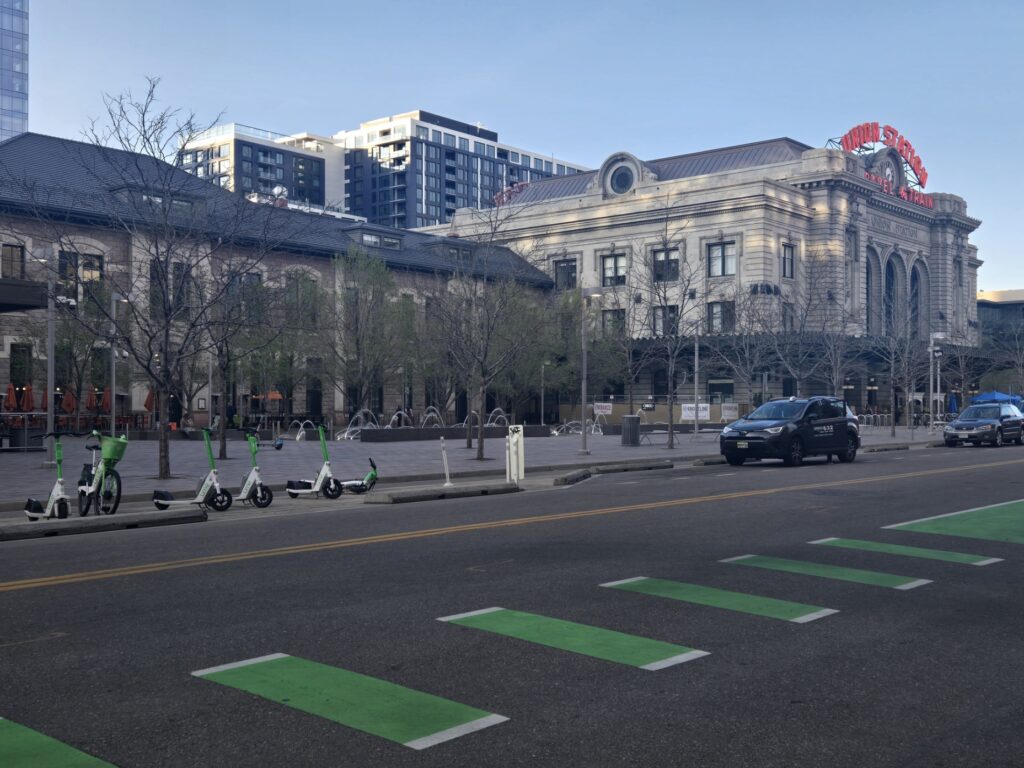
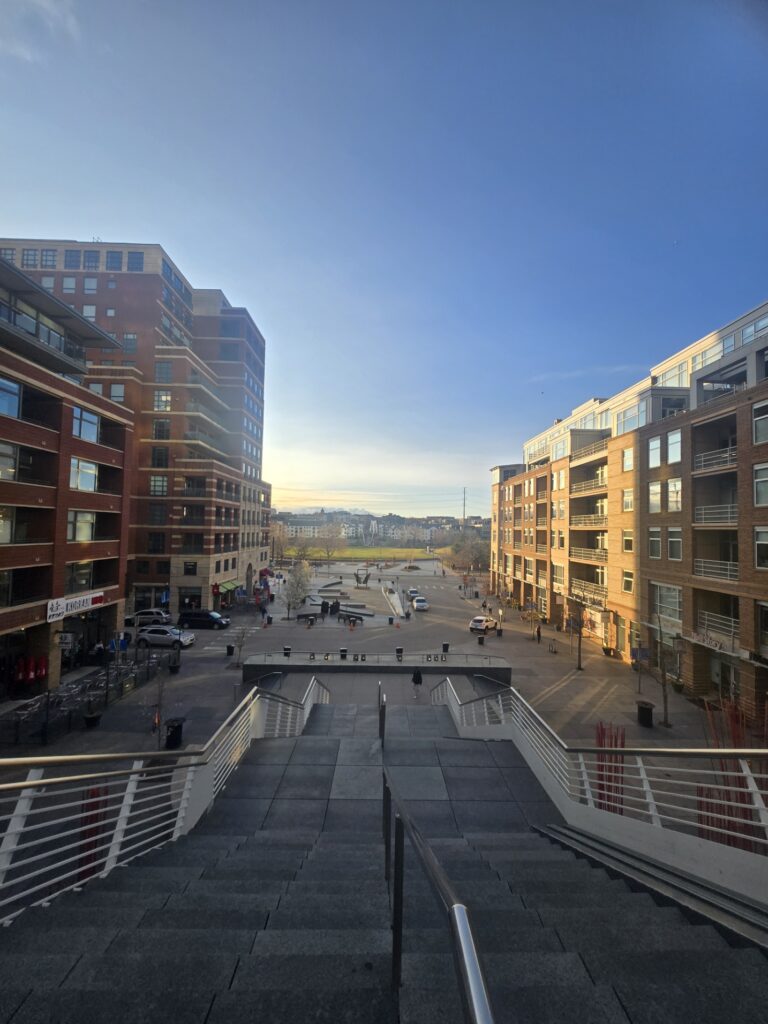

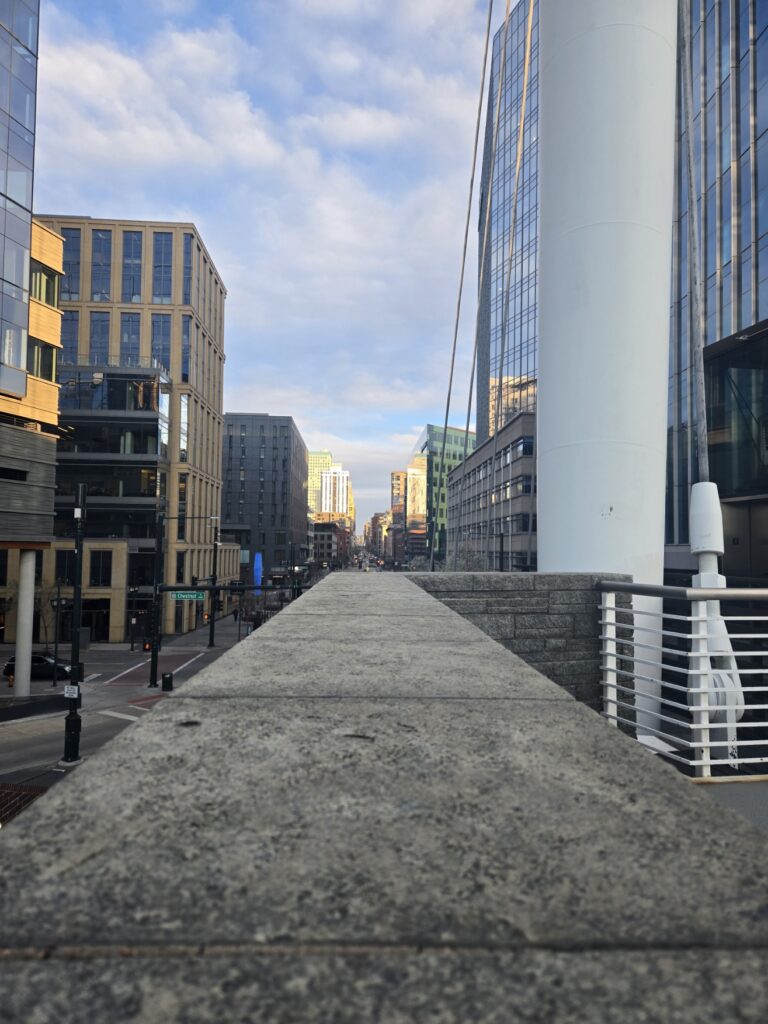
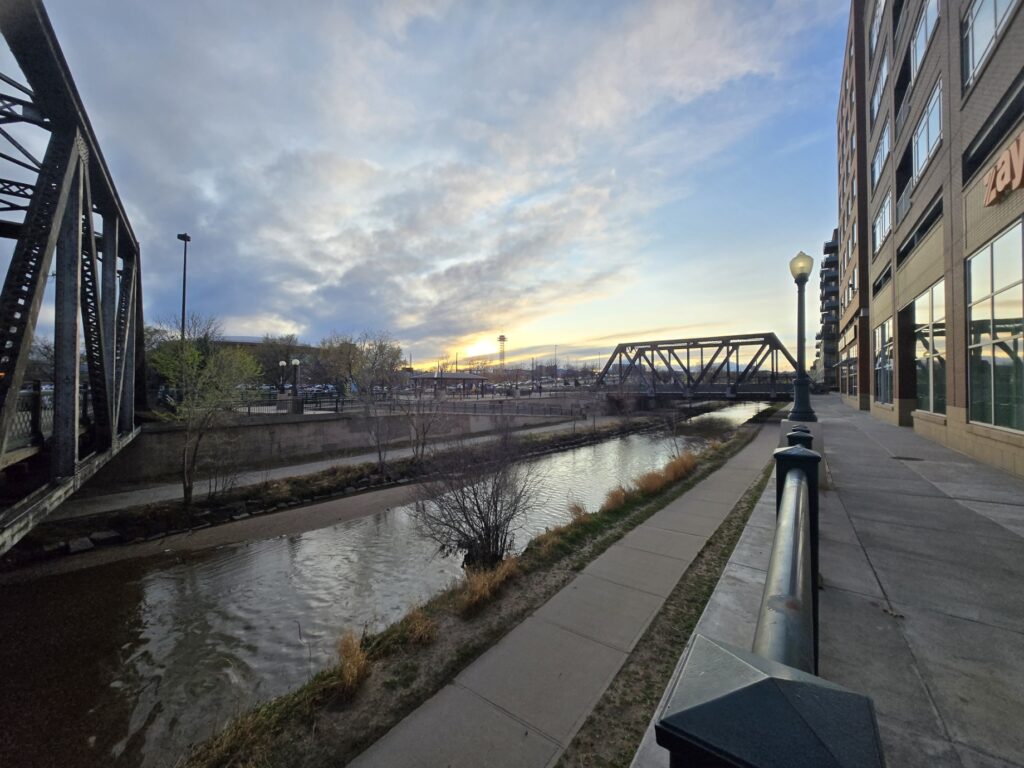
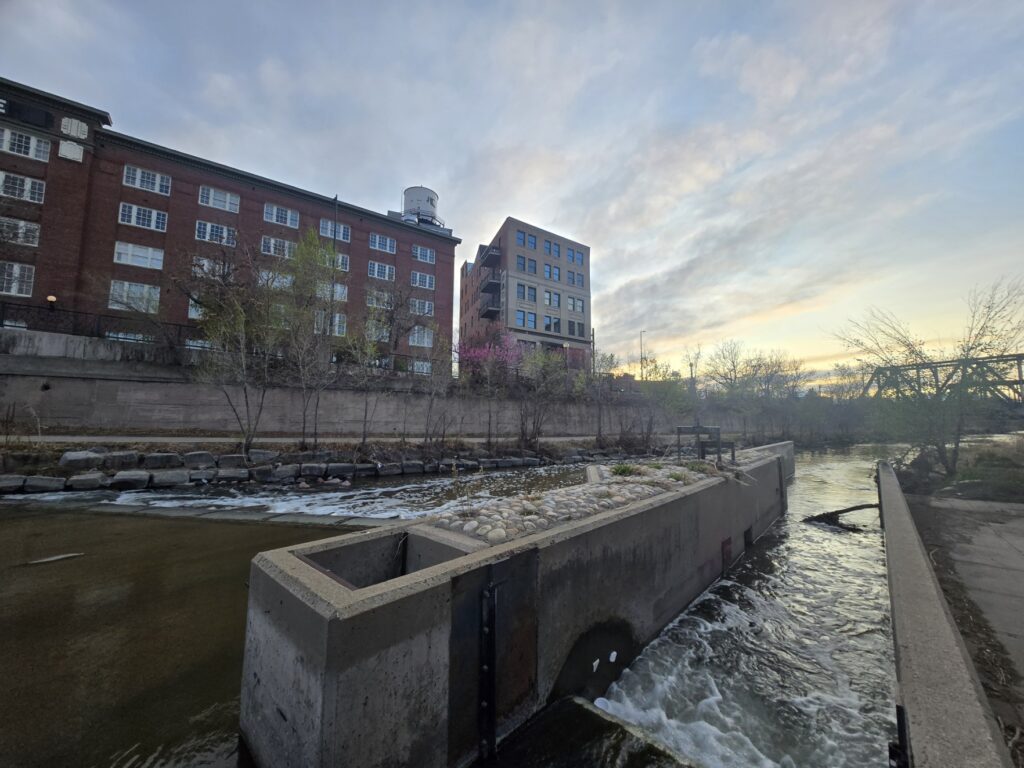
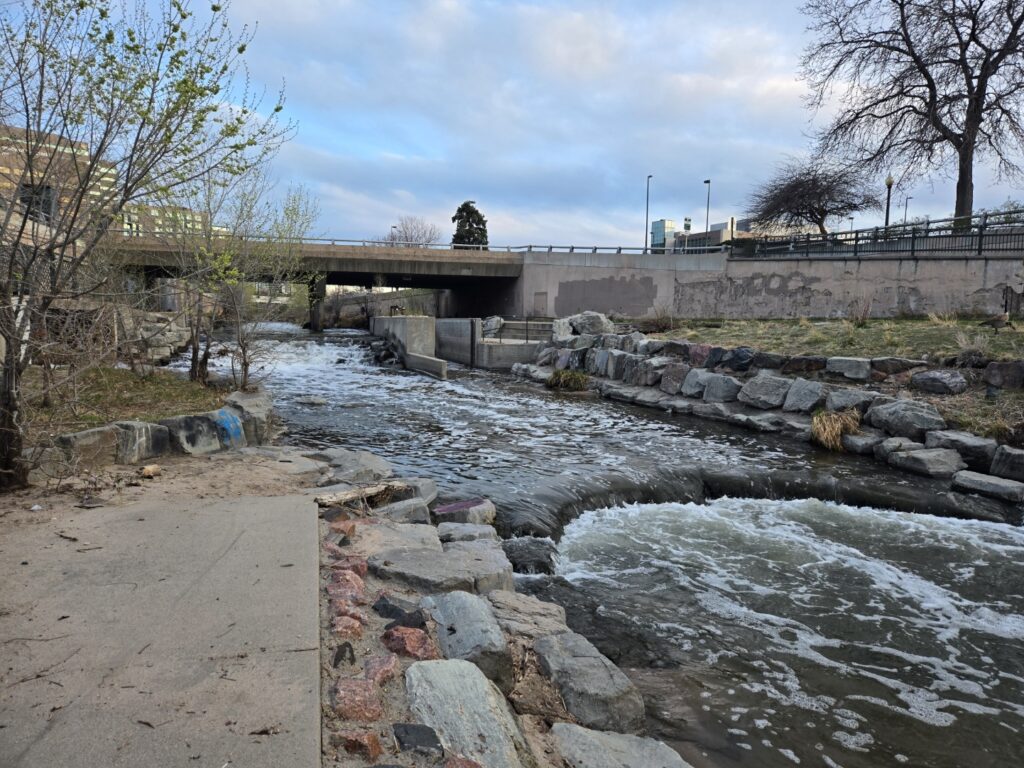
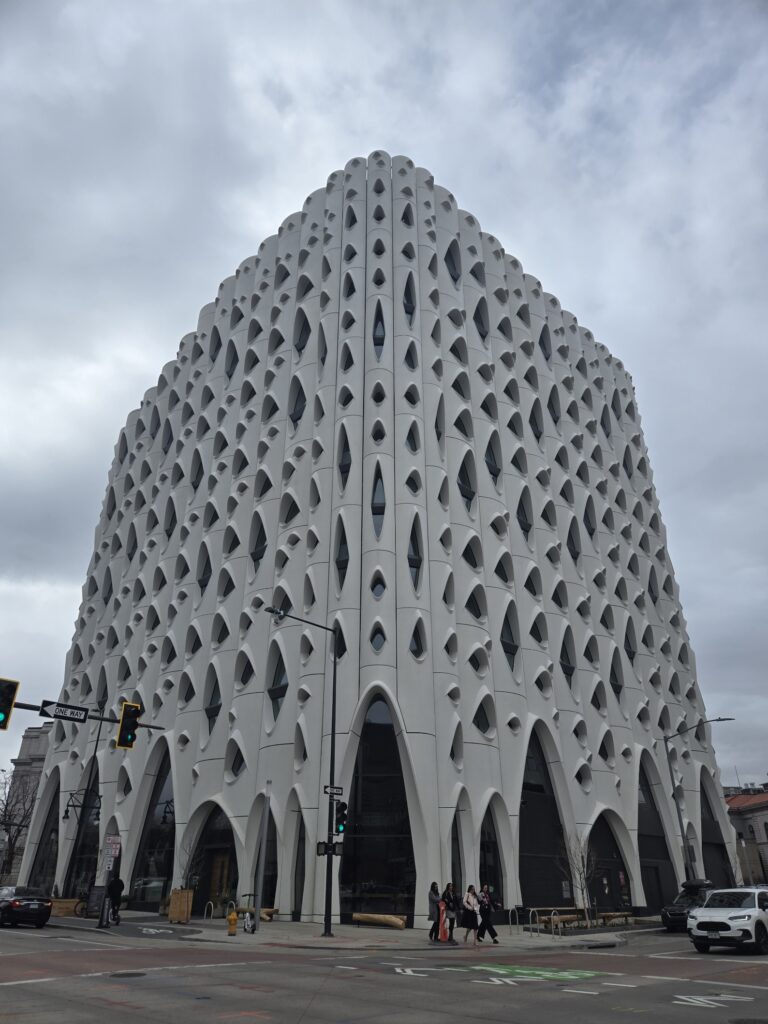

All photos courtesy of Kris Shiflet
